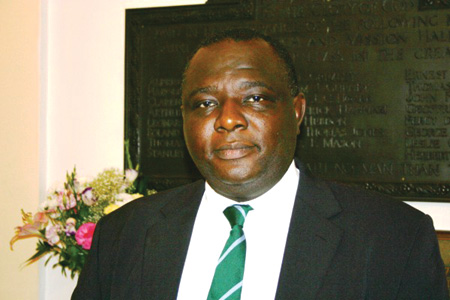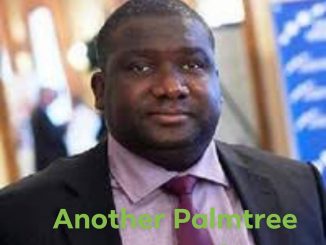
Titus Boye-Thompson, Communications Expert
It is inevitable that the dynamics of political engagements would mean that there are bound to be winners and losers. The context of losers in politics even at a time when your own party is in power is a bigger blow to absorb than when your party is in opposition. We should all take some learning from what has only just recently happened in the UK. Those who saw themselves as winners immediately after the vote to leave the European Union, quickly became losers because they had to resign their positions as it dawned on them that their campaign strategy and the result of their actions were bad for the UK rather than good, because it exposed some base sentiments that should not have ben aroused.
In Sierra Leone, politics is even more polarised than what obtains elsewhere. The main learning point we should take from the UK experience is the bad effects that long running dissent can have on a political party. Political infighting stops from being a discourse on numbers but on influence. Since we are all in the same party, it is advisable that we do not refer to those who may feel left out as losers at any point in time. Such a purview would mean that people with influence would be side-lined and their views discarded when important issues come to be discussed. In the event, the rift to the party stands the risk of being widened when people are allowed to be disgruntled when the party is in power.
Some have put forward the idea that the separation of party and Government is sometimes responsible for the disgruntlement of some who may consider themselves to be senior party activists and people of influence but for some reason, do not have a commensurate position in Government.
The APC should be minded not to follow the attraction of creating factions or of encouraging cliques to derail the party vision and start a process of separating people from power or opportunities, even when some of these people may be the best brains that we have to move the party agenda forwards. One of the best ways to avoid this is to create credible routes for participation from within the party as well as from within Government. When the party enjoys power, its long term sustainability is determined by its ability to ensure that no one is left behind.
There are the usual allegations of tribal politics or political tribalism that permeates decision making at a high level. It is unavoidable that the construct of the Government and party hierarchy puts power and decision making in the hands of the Chief Executive. Inordinately, those who may wish to peddle influence would raise their proximity to the Chief Executive as a reason for their own importance. In some ways, the distention that is created by this power dynamic means that some may be determined to be more or less favoured. Even though this result is not in any event pre-determined, it is clear that the distortion in terms of regional imbalance does make a case, sometimes strenuously, for regional bias and political tribalism. The APC is aware of the co-determinants of this discourse and is taking a conscious and deliberate strategy to deal with that. For example, it is clear from those who have seen him in action, that the Chief Executive, Chairman of the party and President of the Republic, Dr Ernest Bai Koroma is determinedly hesitant of taking decisions based on the tribal or regional affiliations of the beneficiary. President Koroma has made such strenuous efforts to create a balance, regional and gender based. We now have the largest number of Creoles in Cabinet, and to boot, the largest number of women in Cabinet since this dispensation of Executive Power started in Sierra Leone after the war and even since independence.



